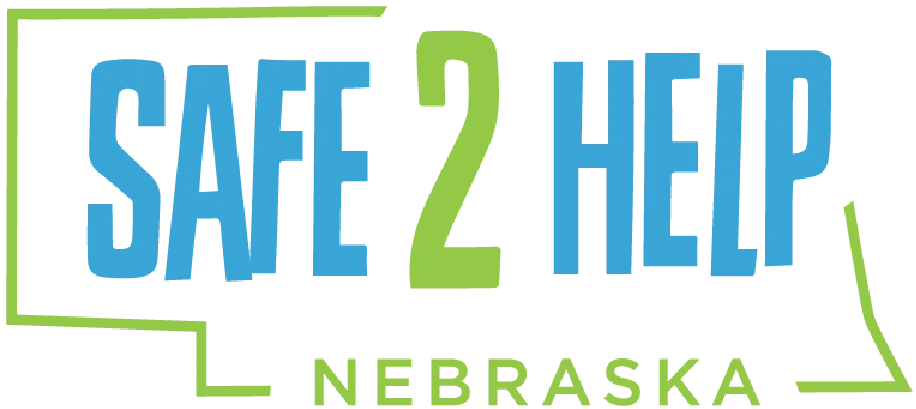STUDENT USE OF SOCIAL NETWORKS
Social networks refer to a group of websites and tools on the Internet which support collaboration and sharing of opinions, insights, experiences and perspectives. The content within them, and the functionality of that content, is managed and regulated by the user community itself and not the provider of the network or a third party institution. Typical examples of social networks are blogs, wikis, podcasts, message boards, and social networking sites themselves such as Facebook, MySpace, Twitter, LinkedIn and many others.
The district provides access to social networks strictly for educational purposes toward the support of the district’s educational goals and allows their use only for the value they may provide in the context of assigned educational exercises. Students must follow these guidelines when using social networks:
• Any students using social networks must be directly supervised by a teacher or other staff member who is aware of and approves of their attempt to access such a site. Only sites not blocked by the district technology department may be used.
• Students shall not reveal their name or personally identifiable information to, or establish relationships on the Internet unless a parent or teacher has coordinated the communication.
• Students who utilize social networking for educational purposes shall be aware of and familiar with privacy options on the social networking site, and shall set those options to limit access to personal information to “friends” only.
• Students and parents shall be aware, however, that privacy options alone can never fully protect personal information. If a student shares personal information with “friends,” those friends may share that information with others. With this in mind, students shall carefully consider what information is posted online.
• Photos posted on social networking sites as a part of educational exercises shall NOT contain other students. Permission, either spoken or in writing, should be granted from any adults before posting their pictures.
• Teachers and other adult staff have been advised NOT to “friend” students on social networking sites. Students are given the same advice toward teachers. Remember that teachers are ethically and legally bound to report any activity in which a student may be breaking the law or may be in danger of hurting him/herself or others.
• All policies and guidelines regarding student behavior in general apply when using social networks, including all guidelines under the district’s Acceptable Use of Computers policy and all district rules relating to harassment, bullying and behavior disruptive to the educational environment.
